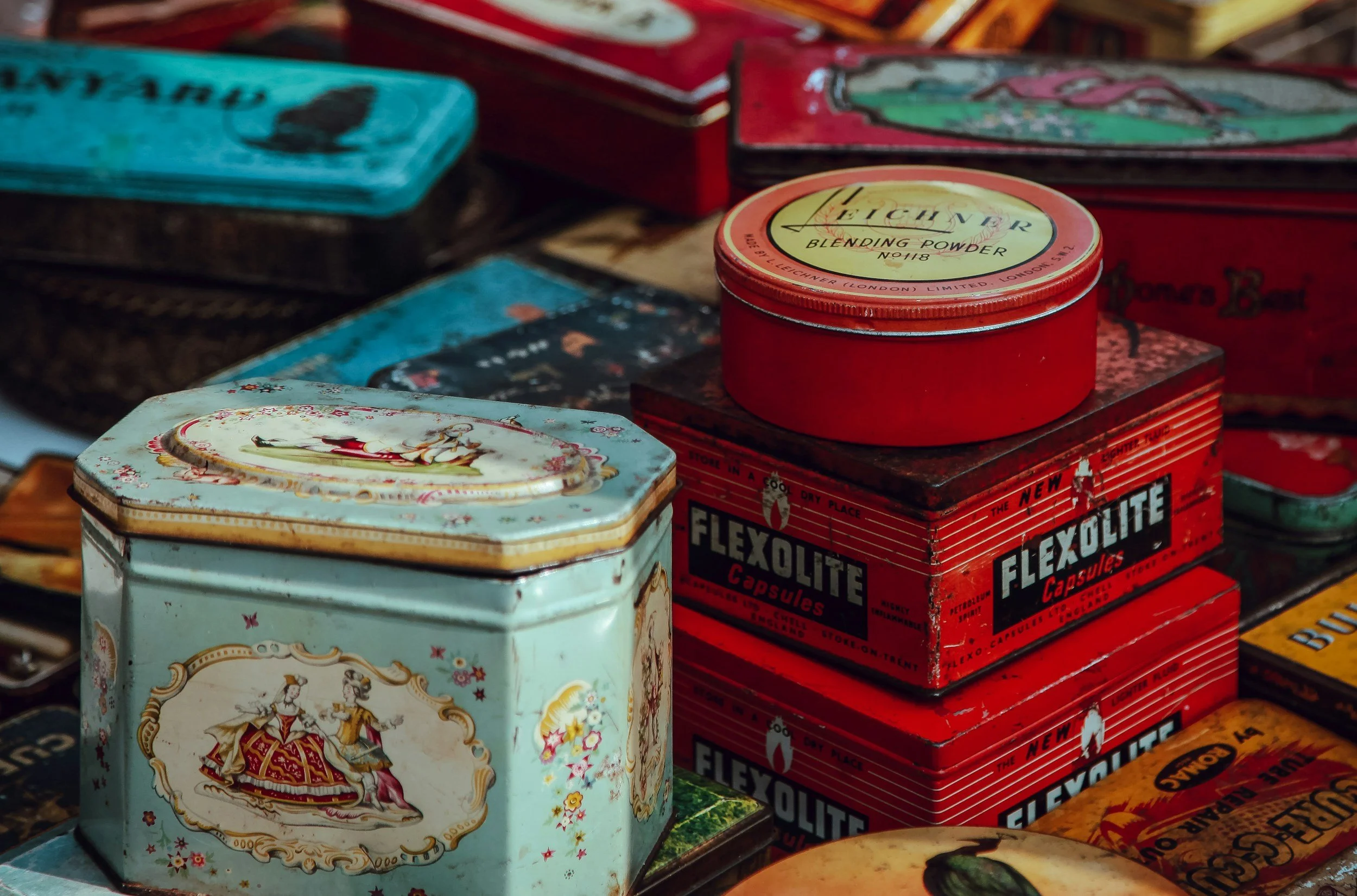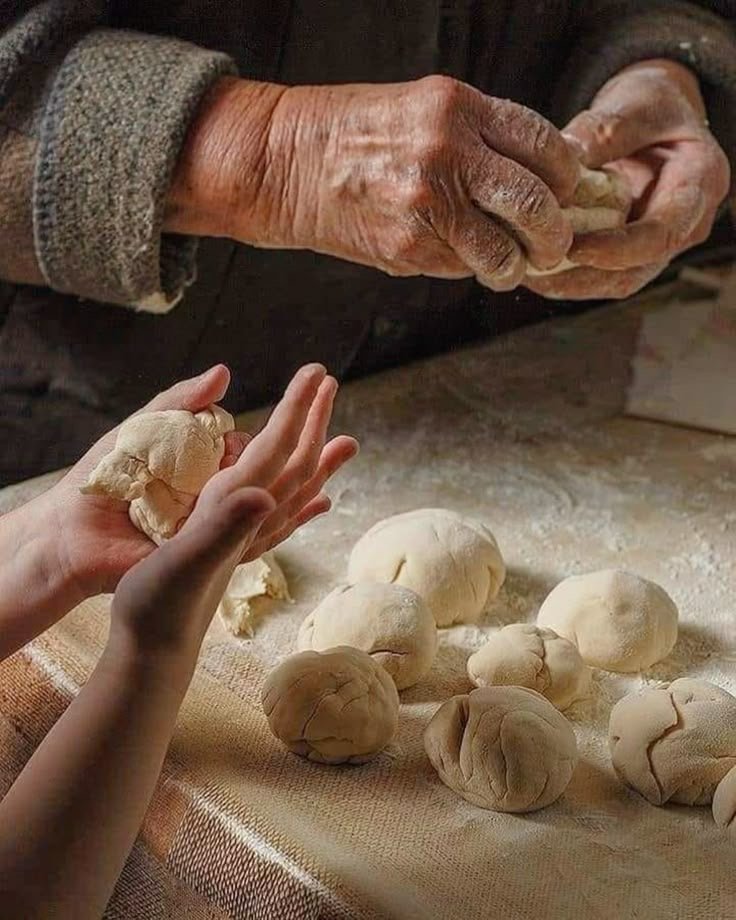Generational Healing at Universal Studios
I glanced at my cell and saw a confusing text from Dad: Does Shoshana know? We have to tell her. My gut seized. Something was wrong. My parents split when I was an infant but kept in touch, long after I grew estranged from my mother and extended family. Dad occasionally provided updates on their recent calamities. Surely, this was one of them. I called him. Nothing. C'mon. I called again and this time he picked up. No hellos.
“What happened?”
“Uh, oh man.” His voice cracked. “Are you sitting down?”
“What the hell happened Dad?”
“Your Mom overdosed.”
I froze to consider those words. Several family members had overdosed before and been revived or Narcanned back. It didn’t always mean…
“She’s gone.”
I crumpled into a chair to wail a final goodbye but loss was nothing new for Mom and me. Then I sprung up, paced, and interrogated Dad between sobs. He told me what he knew. My sister ordered a welfare check on Mom after several days of no contact. The police didn’t find her upon the first sweep of the trailer, just her forlorn French Bulldog, Yogi. Mom's collecting habit had devolved into a diagnosis and the house could have been featured on A & E’s Hoarders. They called my sister back to let her know.
She insisted they look again because Mom would never abandon her dog. That’s when they identified her body under the bed, buried in piles of clothes. Family members have their theories. Addicts are survivalists and it’s likely she was put there. Mom didn’t have an autopsy. All signs indicate that she overdosed on fentanyl-laced heroin from Kensington, Philadelphia, the largest open-air drug market on the East Coast, about 2-3 days prior to her discovery. Her last text was with a local criminal couple who had a rap sheet in dealing and Mom was a lifelong addict with a penchant for opiates.
When I was ten, I briefly visited my father, whom I hadn't seen in five years, and begged him not to send me back to Mom. He knew she was physically abusive, high most of the time, and neglectful. Two years sober himself, he took me in. Mom threatened a custody battle but gave up, yelling: “You can keep her, she’s a royal pain in the ass anyway!” By age twenty-five, we never spoke again. Rage eclipsed my need for her love at that point and I stopped trying. But the need never left, a stark truth that cleaved me in two at her final departure.
The psychological term for this splintering is “complex loss” but language often falls short. No matter how much we were hurt by them, few of us stop yearning for our mothers to return to us. Like a wound we circle, prod, and lick into scar tissue over the years. We can’t help ourselves. Such buried longing snatched me whole, took me for quite a ride. No matter how much we relinquish our expectations, our dreams, they lie dormant, and once stirred by tragedy, take us with them.
Shortly after news of my mother’s death, tasks of daily living baffled me. I forgot how doorknobs, car keys, and tea strainers worked. My body throbbed as though it had been pitched into a brick wall. The bones in my fingers ached and all the normal impulses of life drifted for a bit. I waffled on whether or not I could take an upcoming trip with my nine-year old son Luca. A trip we planned in the gray of a Minnesota December, starved for sunshine and SpongeBob. A trip that landed two weeks after my mother’s death. This was prime material to bail, one of the best excuses. Puffy-eyed and sniffling, I vented to my therapist of seven years through a laptop screen.
“Who goes to an amusement park after something like this?” I croaked. “Aren’t I suppressing my feelings if I go? Not grieving?”
Her brow creased with empathy behind black, rectangular eyeglasses.
“I don’t think so," she paused. “This is how you want to show up as a mom.”
She encouraged me to use my tools and take the trip. Still, the timing was a stretch, especially for our first mother son vacation. Yet when I considered canceling, the image of Luca’s face, crestfallen, sunk me further into the cavernous grief within. I wondered: could what remained of me carry us both there?
My childhood was a heap of broken promises: Mom’s sobriety streaks were never achieved, though I had stickers, free bank calendars, and hope at the ready to mark her progress, quality time was never spent, not even in simple ways, like watching a movie, and school events were rarely attended. Most of us want better for our children and to learn from our parents' mistakes, however subtle or grave. Sometimes we get close, other times we fail, but we keep pushing in that direction, even when we’re lost. We know the wreckage of early abuse, the distortion of our minds and bodies, the years of toil required to restore our wholeness. This lived insight can amplify our conviction to parent another way. Healing from our past is possible and we get to do it in real time with our own children.
When I was nine, I went to Disney World with my family. Something Grandpa surely funded because we were always broke. The trip was punctuated by Mom screaming, losing tickets, tumbling out of moving vehicles to make her point in a fight with my stepdad, and forcing me to go on rollercoasters despite my severe motion sickness and fear of heights. I cowered under the ride, Big Thunder Mountain, as its looming frame cast visions of my impending death. Cheeks wet with tears, my breath a chokehold, I pleaded for her to let me stay on the ground to no avail.
Once we mounted the platform to get into the train cars, Mom shoved me away from her, said she couldn't stand me, and ordered my stepdad to be my seat partner. With my face smashed into his bicep, I clung to him like the petrified creature I was, hyperventilating on piney Right Guard deodorant. He whooped and hollered. Eyes sealed shut, I shrieked and mentally projected my body catapulting from the seat to be impaled on some castle spire nearby. I dry heaved, shook, and wept once we were back afoot.
Perhaps unknowingly planning this trip with my son, in the wake of my mother’s death, was synchronicity at play, a do-over. Maybe that was why we needed to go, not in spite of the timing but because of the timing. During that same session my therapist had said, "This is your life now Shoshana, a life no longer bound in trauma. I want you to hear and feel that it’s really over, she can’t ever hurt you again.”
There can be liberation in loss, when it is finally over, when those we’ve loved die, they can no longer harm us, or our loved ones, or themselves. It’s never what we would choose but sometimes it’s what we have. The boundary I held to keep my mother at bay for sixteen years was necessary but anger was gouged into that line. An anger as mighty as my love, anger for what was lost, for what I wanted and couldn’t have, anger for the living void. But her death lifted the psychic toll and emotional burden of estrangement. I softened toward Mom when she passed, letting her in for the first time since my hope as a child. Let myself feel a different love for her, one unfettered by all we’d survived together. Here was a sensation viscerally distinct from the forgiveness practices and metta meditations I performed on our behalf over the decades. No longer aspirational but for real this time. All of this came as a surprise, that I was able to define the terms of how I grieved her, and could render this loss into more than a pummeling anguish.
“We’re here Mom!” Luca squealed, pointing at a hairy, fanged book chomping on the windowsill. My chest hummed, awash in gratitude and fatigue.
“Unbelievable,” I said, pulling him into me for another hug.
He squeezed my hand, dropped it, busted into a little jig, and leapt down the cobblestone path of The Wizarding World of Harry Potter. When the Gringotts dragon bellowed hellfire, the heat licked our faces, and I cheered “Harry Potter” in a Cockney accent to make Luca laugh.
Our last day at Universal Studios theme park, Luca took to the simplicity of Dr. Seuss Land, with its quiet colors and dreamy stories, especially after the Transformers villain, Megatron, pitched us off a skyscraper in simulated flight earlier. Seated next to each other in an elevated trolley train we gently swirled through cotton candy trees. I looked down at him as his gaze roved over the pastel rainbow tapestry below.
Luca has slate blue eyes, stone replicas of my own, a recessive gene I inherited from my mother’s side. He is curious, imaginative, and spunky. These are my most exuberant qualities as well, the very ones Mom possessed, and passed on. Maybe Mom did her best at DisneyWorld, maybe she did her best at life. I wasn’t able to hold her humanity when she was here and could hurt me more but I could when she died. Mom spent her childhood fleeing my grandfather’s alcohol-fueled abuse, lived in homes without running water, wore threadbare clothes, and dropped out of school at fifteen after burying her murdered sister. She never stopped numbing the tragedy of her life and, in the end, it killed her.
Tears came again, involuntary and recurrent during those first weeks. Luca leaned into me, wrapped his arms around my waist, and rubbed my back.
“It’s okay Mom.” He spoke softly with a gravitas beyond his years.
Since he was a toddler, we’ve talked about filling and emptying people’s buckets. He knows that if you don’t feel your feelings, you’re prone to be a bucket dipper, to hurt others and yourself. As a child I was groomed to shove my emotions, to fear them, which led to all manner of addictions, eating disorders, and unrelenting shame. As I felt my son’s acceptance, I knew I’d done right by him. He understands emotions are safe and purposeful. Luca will never receive the news I did two weeks ago. He will never read that text or have that call.
Death can offer an adhesiolysis of the heart. When those who’ve abused us pass it’s not a panacea of absolution or cure but something changes inside of us, in relationship to them, and by extension, to ourselves. And I believe it's something for the good. Grief’s hollowing out carves space for mending and new growth we couldn’t foresee. Mom is an ancestor now. Hopefully, the peace I’ve created in my family can be an offering, a loosening of the knots of trauma that strangled my mother’s childhood and my own. Held by my son, I gathered my younger self and Mom to join us.
“You’re right baby, it’s okay.”
-Shoshana Ray
Shoshana Ray (she/her) is a somatic psychotherapist and writer whose work centers on posttraumatic growth. She's published with The Keepthings and has forthcoming prose in Hippocampus and In Short. Currently, she's editing a coming of age memoir. Shoshana lives in the Twin Cities with her husband, son, and geriatric tuxedo cat. She is an aspiring tea sommelier and analog enthusiast, with two typewriters to boot. Find her at https://shoshanaray.com/ and on Instagram @shoshanaraywrites







